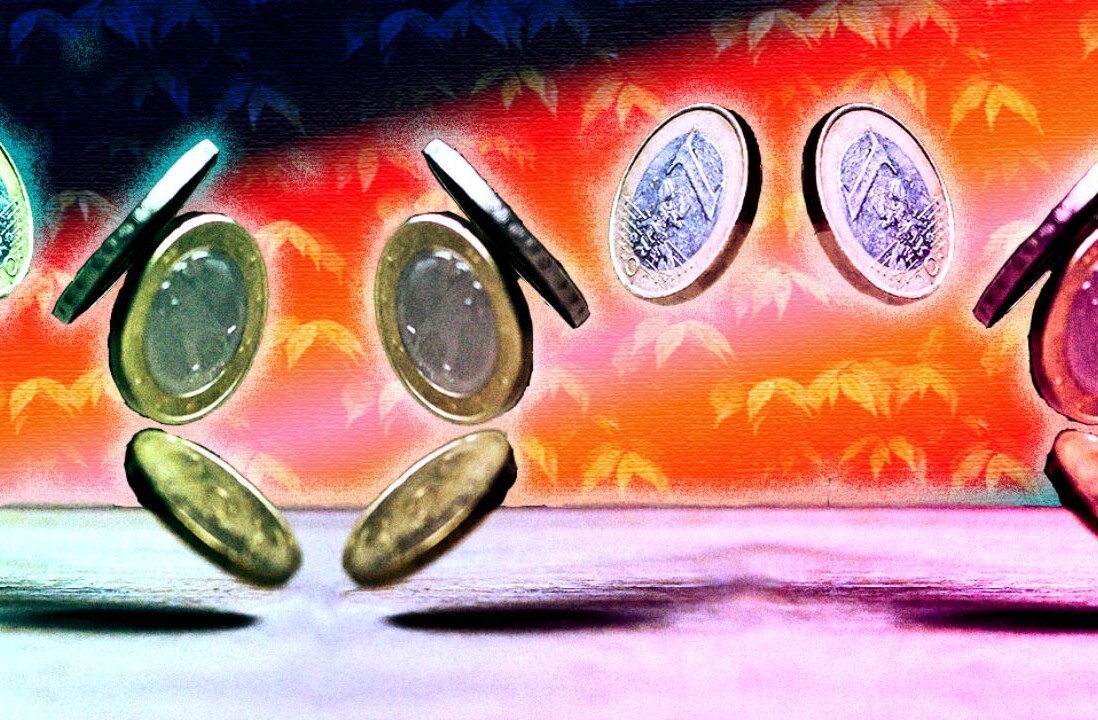
Is Twitter making the world a better place? I think it is.
You could argue it is just a short messaging service for people who want to share what they are eating, where they a going and what they are doing, but don’t most smart people agree there is something more to it than just that? Isn’t it enabling communication, in a new way, that improves communication in more ways that had ever imagined? Isn’t that in itself making the world a better place?
I often hear pitches from startups that claim they want to improve the world we live in. It usually goes something like this: “Besides building a new service that does xyz we also want to do something meaningful and make the world a better place.”
These kind of pitches annoy me. And there are two reasons why it is stupid: one is that it makes you seem unfocused. Doing one thing well – building a business – is hard enough. Doing two things means your end goals become unclear. What if you have to choose? Will you one day say “Screw our shareholders, we are going to donate the whole company to charity now!” I hope not. Saying you want to make the world a better place feels to me like a cheap shot at trying to get more sympathy from the audience or judges.
The second, and more important reason, is that with that sentence you seem to imply that other startups aren’t improving the world. And that’s just bullshit.
A few years ago one of the employees in our company asked me to walk outside with him for a minute because he wanted to show me something. We walked out and there was a new car. We had paid for this car because he needed to make lots of sales visits to potential customers. He described the specifics of the car, but didn’t seem to get a reaction from me, so he quickly gave up and said ‘I guess you don’t like cars’. But that wasn’t the reason I wasn’t saying anything. For me this was an emotional moment because I suddenly realized I had built a company that not only employed a handful of people, and that these people were getting paid and were having a good time, but we were even able to give them cars now. I thought it was just amazing and it made me proud, emotional and speechless.
My good friend Hermione Way often complains about a lack of ambition to change the world:
“Groupon clone after Groupon clone, yawn… yet another social media dashboard, a cloud-based enterprise solution or, worse still, another photo sharing app; I’ve heard pitch after pitch of the same technology and keep wondering why all these highly intelligent, well-educated youngsters, many of whom have been educated in the best universities in the world (Stanford, Yale and Harvard) are not putting their brains to good use by solving real-world problems.”
It is easy to agree with her, except that I don’t. I think Instagram is a beautiful company, that itself was ‘just’ a clone of another photo sharing app that it replaced. It brings a lot of joy to a lot of people all around the world. Those people laugh a little bit more, relax a little bit more, maybe work a little bit more and at the end of the day maybe earn a little bit more, pay taxes a little bit more and contribute to our worldwide economy a little bit more. It’s a powerful communication tool, too.
When Google first showed their solution for search they weren’t taken serious either. Yahoo used almost the exact same language to explain how search was a ‘trivial’ problem and not worth working on. The Apple founders? Atari called them a bunch of geeks in a garage that couldn’t be taken seriously with their ‘toy’ computer.
Is Instagram solving hunger in Africa? Not exactly.
Is Facebook helping us prevent global warming. Nope.
Are they therefore not contributing to a better world? Seriously?
If you can build a business that employs people, is able to feed them, increase shareholder value, innovate a bit and earn the founders a small fortune, in the end, the whole world wins. Small and trivial ideas lead to world-changing businesses, and that’s great for the world.
Just because you are focusing on revenue doesn’t imply that your slogan is ‘Screw the world, let’s get rich’.
Saying that your startup wants to make the world a better place is unnecessary. It is implicit in starting a company.
Image credit: AFP / Getty Images
Get the TNW newsletter
Get the most important tech news in your inbox each week.




